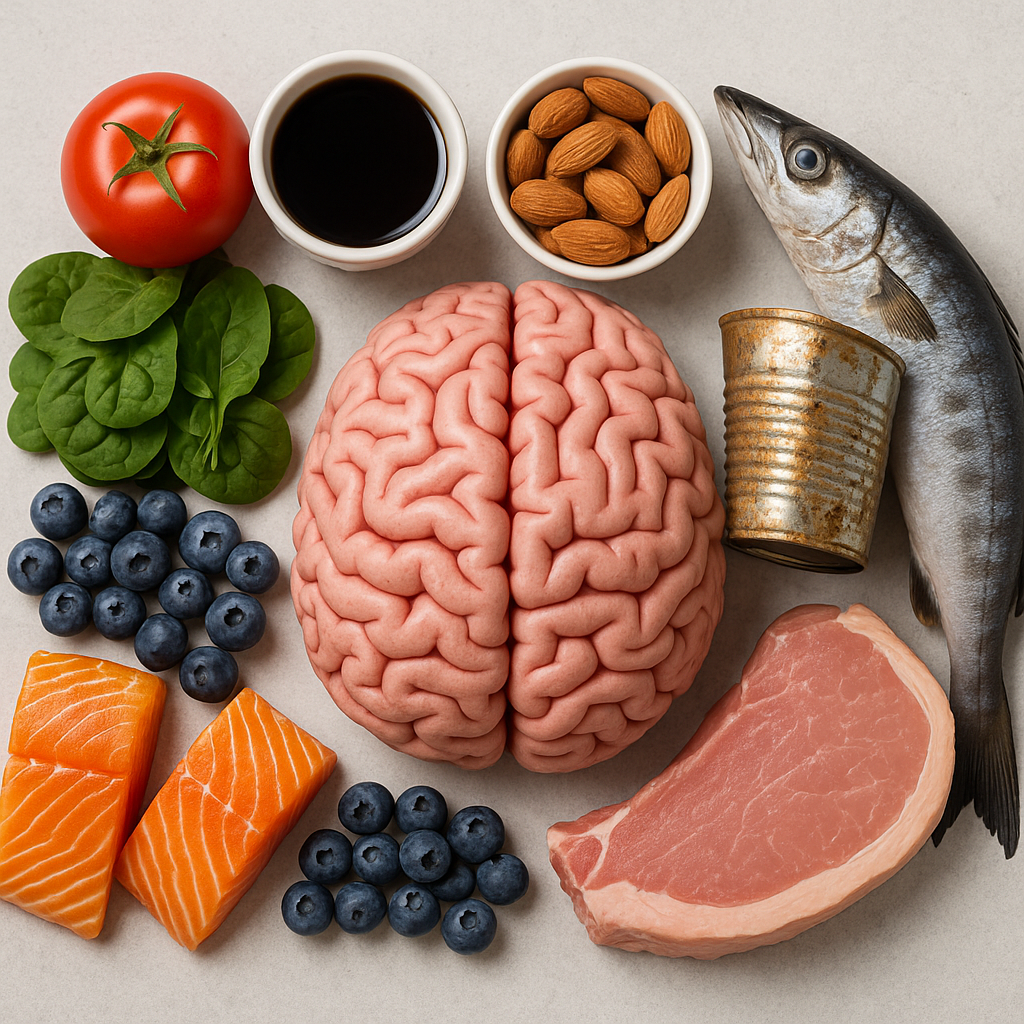
It’s no secret that the foods you eat directly impact your brain health. Nutrient-dense options like fatty fish, leafy greens, berries, and nuts are known to support memory, focus, and overall cognitive function.
However, some lesser-known foods may do the exact opposite. In fact, a few everyday choices could lead to serious neurological problems—and in some cases, long-term damage or even death.
Below are three surprising foods that can silently harm your nervous system.
1. Tropical Reef Fish May Carry Dangerous Neurotoxins
If you enjoy seafood, it’s important to be cautious about the type of fish you eat. Large tropical reef fish such as barracuda, grouper, and amberjack can contain ciguatoxin, a naturally occurring marine toxin.
Dr. Bing Chen warns that ciguatoxin builds up in these predatory fish and can lead to ciguatera poisoning, a condition that affects the nervous system.
People who suffer from ciguatera often experience strange symptoms such as:
- Sensations of cold turning into burning heat
- Numbness or tingling in the limbs
- Dizziness or confusion
- Vivid, recurring nightmares
What makes this even more dangerous is that ciguatoxin is heat-stable. This means cooking the fish, no matter how thoroughly, will not eliminate the toxin.
To reduce risk, avoid eating large reef fish and be especially cautious with their liver or roe, which tend to contain higher toxin concentrations.
2. Dented or Bulging Cans Could Lead to Botulism
Canned food can be convenient and long-lasting, but damaged cans may pose a serious health threat.
Dr. Chen explains that bulging or severely dented cans could contain botulinum toxin, produced by the bacterium Clostridium botulinum. This toxin is one of the most potent known to science and affects the body’s ability to transmit nerve signals to muscles.
Symptoms of botulism include:
- Muscle weakness or paralysis
- Blurred vision or drooping eyelids
- Trouble breathing
Botulinum toxin is especially dangerous because it is odorless, tasteless, and not always neutralized by heat. You won’t know it’s there until symptoms begin.
If a can looks bloated or damaged, the safest option is to throw it away immediately.
3. Undercooked Pork Can Cause Brain Infections
Eating undercooked or improperly sourced pork can expose you to parasites that affect brain function.
One of the most serious conditions is neurocysticercosis, caused by ingesting tapeworm eggs. Once inside the body, these larvae can migrate to the brain, forming cysts that trigger seizures and neurological damage.
Dr. Chen highlights that this condition is a leading cause of acquired epilepsy worldwide. Although more common in regions with poor sanitation, it has also been reported in developed countries.
To stay safe, always cook pork to a safe internal temperature and purchase meat from reputable, regulated sources.
Final Thoughts: Choose Brain-Friendly Foods With Care
While many foods can help protect and nourish the brain, others can silently threaten your neurological health.
To protect yourself:
- Avoid eating large reef fish
- Never consume food from damaged cans
- Ensure pork is thoroughly cooked
Being informed and mindful about your food choices is one of the best ways to support long-term brain health.



